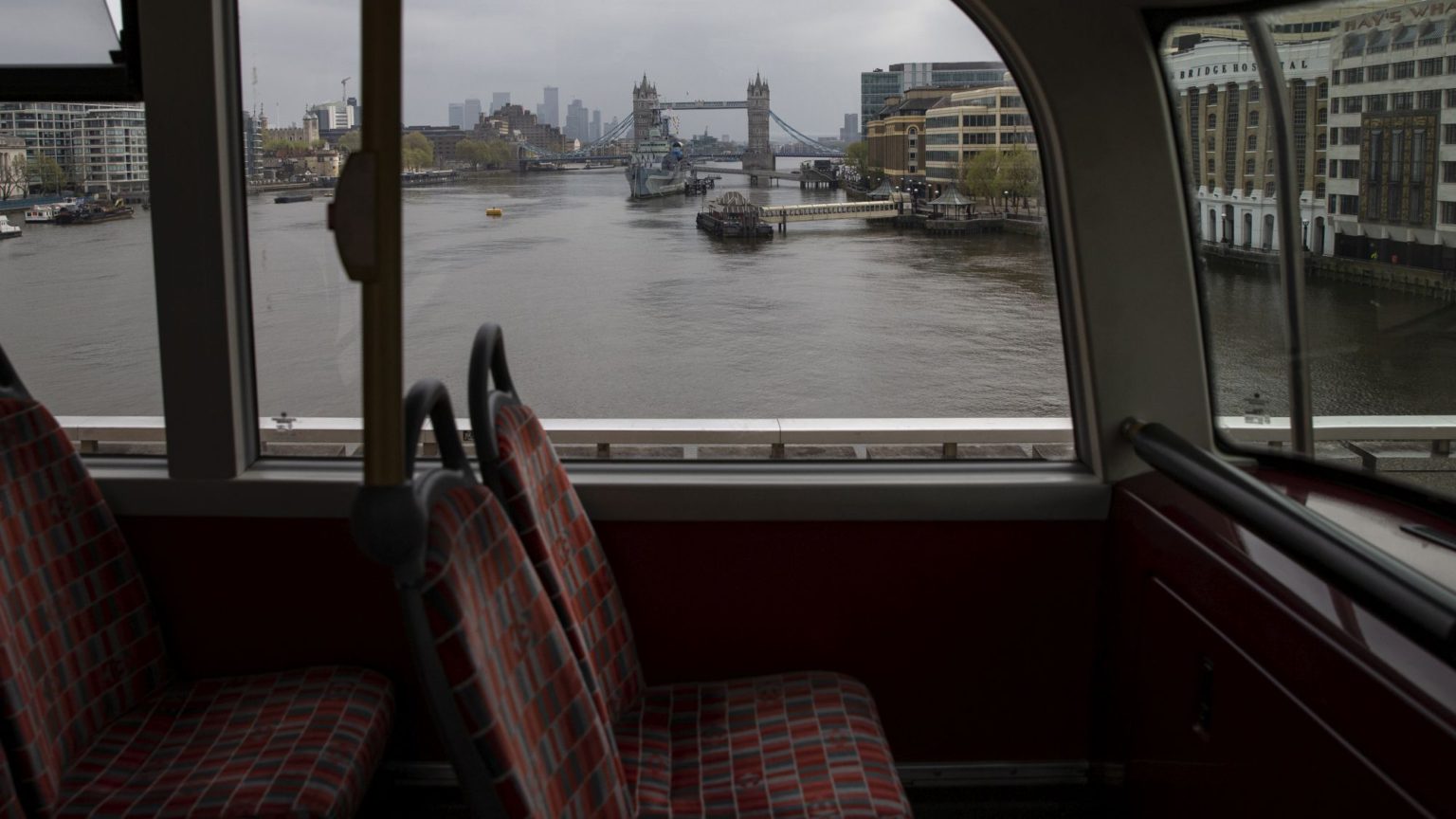Where has London gone?
Under lockdown, the city is a shadow of itself. Londoners must revive it.

Want to read spiked ad-free? Become a spiked supporter.
Often when working outside London I am asked if I like living in London. How can I bear all the crowds and hustle?, they ask. My answer is always that I love London because of the crowds, hustle and bustle. If I considered living anywhere other than London it would be New York – with even more buzz and crowds. At night, lying in bed listening to the noises of the city around me, there is something wonderfully life-affirming about the city. The ‘rear window’ experience of hearing a couple rowing, someone playing the piano, a baby crying, a police siren blaring in the distance – essentially, human life going on. This is what makes the Covid-19 lockdown so stark in its anti-human face. The city is virtually silent, not a city at all.
The city of London is unique. Layers of human history piled on top of each other. But it’s the current city that is a particularly fantastic testament to human achievement. The enormous breadth of cultural facilities, the exuberance of styles of architecture, even the infrastructure – all of it makes London one of the most exciting cities in the world in which to live. But not now. During the lockdown all cultural life has ceased. Few are using any form of public transport. The only place to see anything resembling a crowd is a park on a sunny day, and even then, when you get up closer, you see everyone is metres apart and only in groups of two or four at the most.
Uncertainty and risk have long been accepted as part of urban life. In contrast to a rural or small-town life, unpredictability and exposure to new things are a major part of living in a city, and they are what generally appeal to people who choose to live in one. This is all now denied to us thanks to decisions made by a government influenced by the overwhelming value of ‘safety’.
London was hit more by the pandemic than rural places — not surprising given the squish of people on tubes, buses and in badly air-conditioned offices. However, the response to the pandemic has been disproportionate. And now, when the virus has almost left the city, we are still in lockdown. Some bars and restaurants are leading the way in surreptitiously selling booze and food as ‘takeaway’, with tables outside used by people taking-away. People are beginning to break the rules on meeting up. But city life is very far from returning. Tubes and trains are still empty, no cultural facilities are open, the only noise comes from building sites that have either continued or restarted in the past week or so.
There is a looming danger that, while the pandemic is leaving, the overwhelming value of safety will infect the city for good. Those of us who choose to live in the city, who fell in love with the excitement of its edginess, continuous change and unpredictability, should be in the forefront of bringing it back to life. We must step out together, restart cultural events, open facilities, use the trains and tubes. It is time to restart our city; accept uncertainty and risk and live again.
Sheila Lewis is a devoted Londoner.
Picture by: Getty.
Who funds spiked? You do
We are funded by you. And in this era of cancel culture and advertiser boycotts, we rely on your donations more than ever. Seventy per cent of our revenue comes from our readers’ donations – the vast majority giving just £5 per month. If you make a regular donation – of £5 a month or £50 a year – you can become a and enjoy:
–Ad-free reading
–Exclusive events
–Access to our comments section
It’s the best way to keep spiked going – and growing. Thank you!







Comments
Want to join the conversation?
Only spiked supporters and patrons, who donate regularly to us, can comment on our articles.